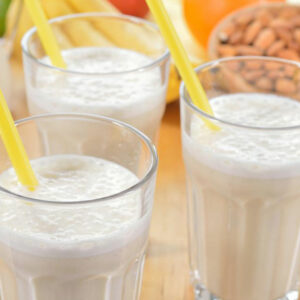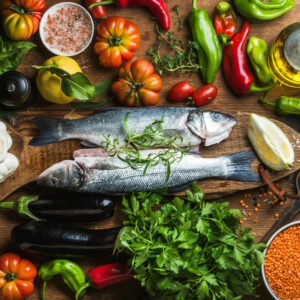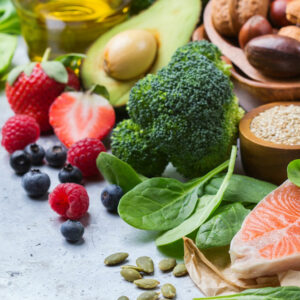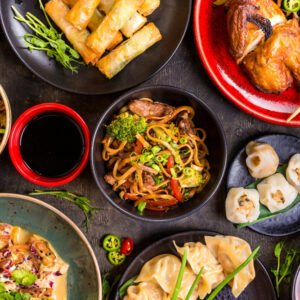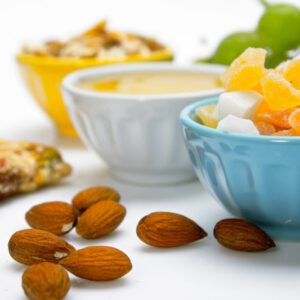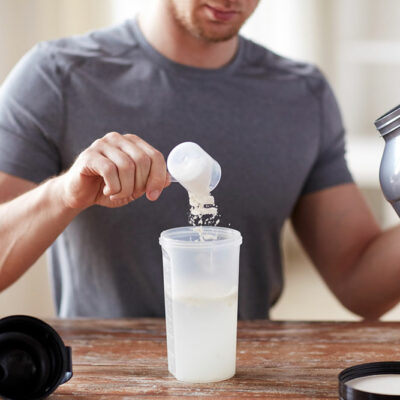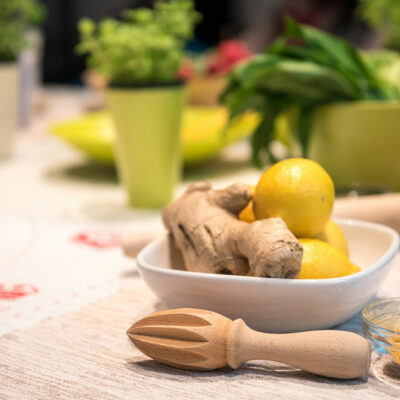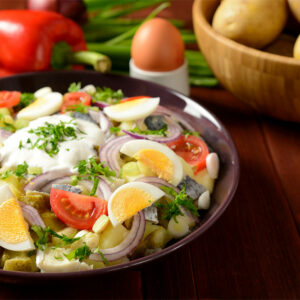
01
Dietary tips for schizophrenia
Schizophrenia is a chronic mental disorder characterized by hallucinations, paranoia, fuzzy thinking, delusions, social withdrawal, and cognitive issues. Though treated with a mix of therapy and medicines, diet can help relieve some symptoms and worsen some of them if not considered carefully. People afflicted with schizophrenia generally have unhealthy eating habits leading to other health issues. On consuming foods high in saturated fats and low in fiber can increase the risk of diabetes and cardiovascular diseases. Here is a low down on the best and worst foods for schizophrenia. Fruits and vegetables Consume all kinds of fruits ranging from raspberries and apples to pears. Fiber-rich fruits help in lowering the incidence of risks associated with schizophrenia such as diabetes, obesity, and heart problems. One gets an additional benefit of vitamins and minerals from fruits. Veggies are not only low in fats and calories but are also a wholesome source of fiber, vitamins, and nutrients such as potassium. Go for lima beans, sweet potatoes, and kidney beans. Aim to have fresh fruits and vegetables rather than having frozen or pre-cut and dried. Include foods of a variety of colors. Eat five healthy portions during the day. Fish The human body needs essential omega-3 fatty acids but it cannot be made by the body. A growing body of research is pointing towards omega 3 as helping in slowing down the disease progression. The best source for omega 3 fatty acids is mackerel, herring, sardines, salmon, and trout. One can also go for over the counter supplements. Try to eat at least three portions of oily fish to gain benefits of the same. Chicken marinara The symptoms of schizophrenia can be eased by consuming chicken and marinara sauce. Both are rich sources of niacin. Niacin should be taken less than 1 gram per day as higher doses are toxic for the liver.
Read More 